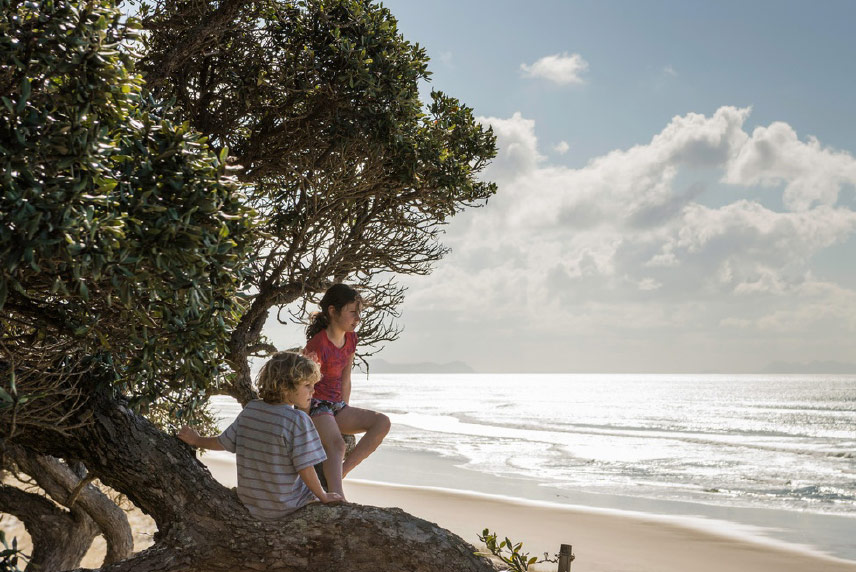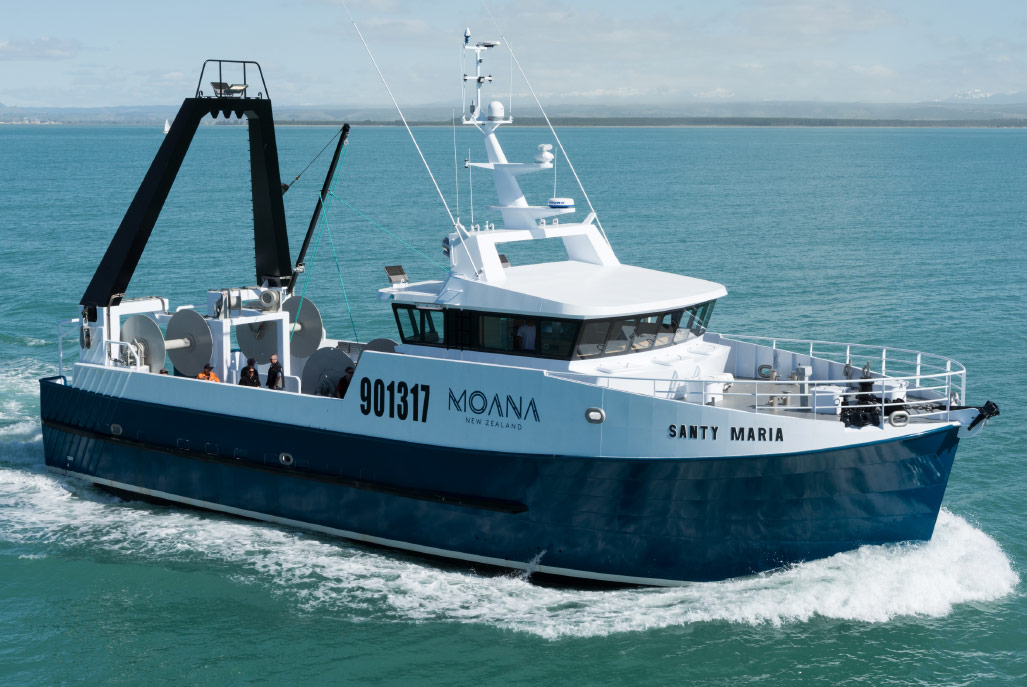Customary fishers.


Tangata Kaitiaki/Tiaki Kaitiaki have a pivotal role to play in customary fishing.
Customary non-commercial fishers can undertake fishing for customary communal purposes in particular rohe moana when authorised to do so by a Tangata Kaitiaki/Tiaki Kaitiaki appointed for that area. Tangata Kaitiaki/Tiaki Kaitiaki can determine whether a customary fisher can exceed the amateur catch limits in any authorisation. There are different processes and accountability regimes that lead to the appointment of Tangata Kaitiaki/Tiaki Kaitiaki in the North Island from the South Island. In the North Island a Tangata Kaitiaki may be recommended by and accountable to a whanau group, or a hapu or an iwi. In the South Island Tiaki Kaitiaki are recommended by and accountable to iwi. Tangata Kaitiaki/Tiaki Kaitiaki are approved by the Minister where there are no objections from tangata whenua. The Ministry also consults with Tangata Kaitiaki/Tiaki Kaitiaki (as experts skilled in customary fishing and wider fisheries management) on any aspects of fisheries management that is being considered for change in their rohe moana.
The 1992 Fisheries Deed of Settlement recognised that Maori traditional fisheries included both commercial and non-commercial use of fish.
The Settlement provided for commercial use by providing that Maori received 10% of quota for those species introduced into the Quota Management System (QMS) in 1986 and 20% of quota for any new QMS species after September 1992, along with $150M to allow Maori to purchase a 50% Share in Sealord. Maori, through iwi, now own approximately 33% of all quota across the country.
The Settlement also provided that the Crown would enact regulations recognising and providing for customary food gathering and the special relationship between the Tangata Whenua and places of importance for customary food gathering. It stipulated, however, that such food gathering must not be commercial in any way nor involve commercial gain or trade.
Under the Settlement the Crown must also consult with Maori through their representative bodies on any significant changes to statutes and practice for fisheries or the wider marine environment that could impact on the rights, assets and interests the Crown recognised through the 1992 Deed of Settlement. Any development in such management must advance the agreements between the Crown and Maori in the Fisheries Deed of Settlement.
Customary non-commercial fishing regulations have been developed as a result of the 1992 Fisheries Deed of Settlement with the agreements in that being legislated in the Treaty of Waitangi (Fisheries Claims) Settlement Act and linking requirements in the Fisheries Act.
The goal of customary fishing regulations is ultimately to support compliance for sustainability purposes, specifically:
- Ensuring the fisheries are available for future generations
- Utilising the fishery to sustain cultural practices
- Supporting Government partnership with Tangata Whenua
- Preventing abuse of natural resources
It was recognised in the preamble of the Treaty of Waitangi (Fisheries Claims) Settlement Act 1992 that the Government would introduce legislation empowering the making of regulations recognising and providing for customary food gathering and the special relationship between the Tangata Whenua and places of importance for customary food gathering. It stipulated, however, that such food gathering must not be commercial in any way nor involve commercial gain or trade.
There are currently a number of regulations that provide for customary non-commercial fishing. These include:
- Regulation 27A of the Fisheries (Amateur Fishing) Regulations 1986 – this is a transitional regime
- Kaimoana Customary Fishing Regulations 1998 for the North Island and the South Island Customary Regulations 1999. Under the regulations measures can also be put in place in certain circumstances to provide for customary harvest by excluding or restricting commercial fishing activities.
- Pataka – which allows for storage of fish to be used for communal activity at a later time. The actual fishing activity can be undertaken by a commercial fisher provided the fisher operates under a customary authorisation and separates the catch from commercial catch.
The regulations require Tangata Kaitiaki/Tiaki to report customary non-commercial catch.
All commercial fishing in New Zealand is covered by fisheries legislation and the Quota Management System.
That means that Māori fishers taking fish for commercial use must follow the same rules as any other commercial fisher, regardless of whether the quota or catch entitlements are owned by Māori interests.

